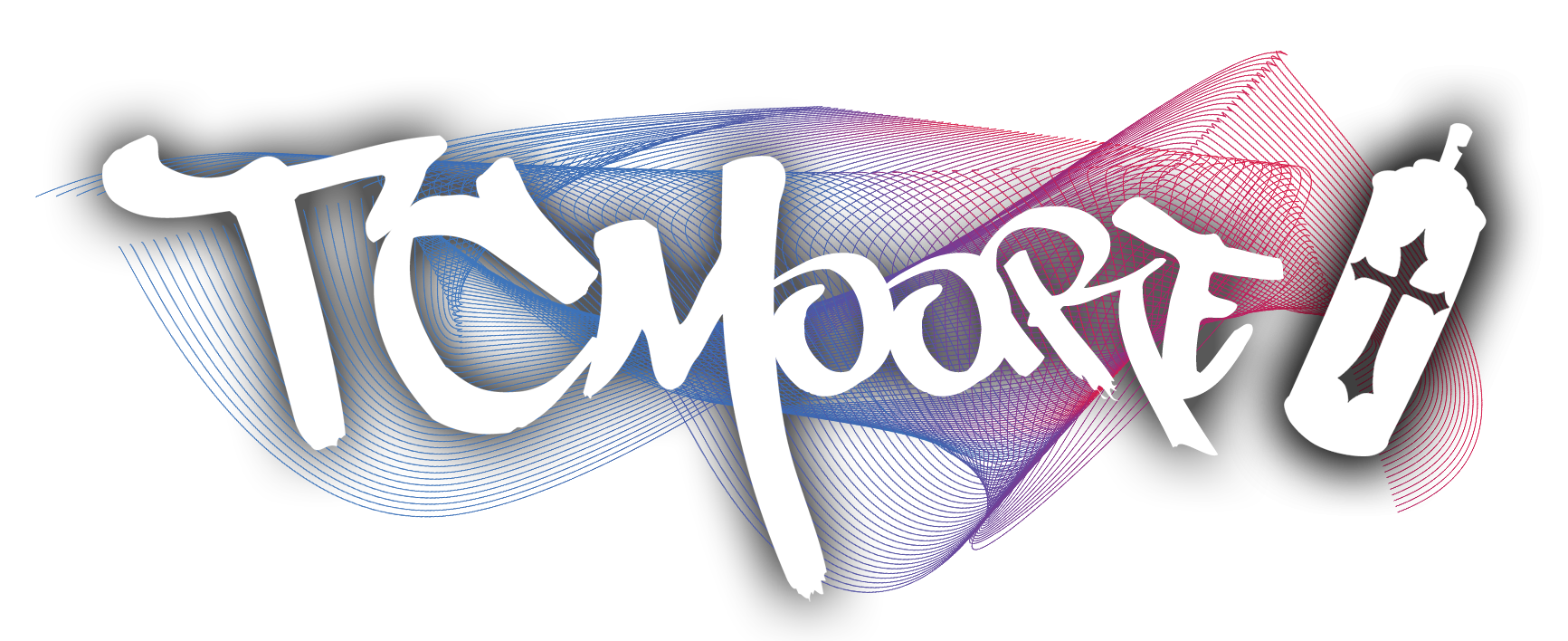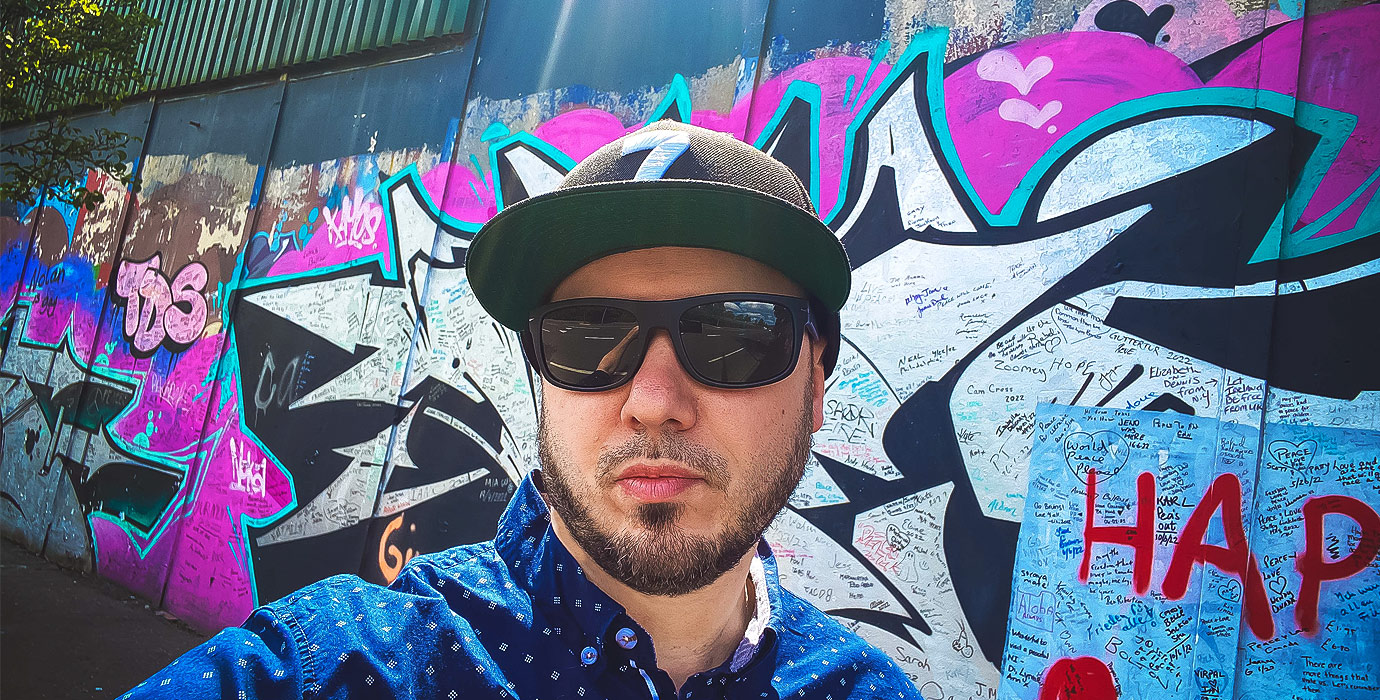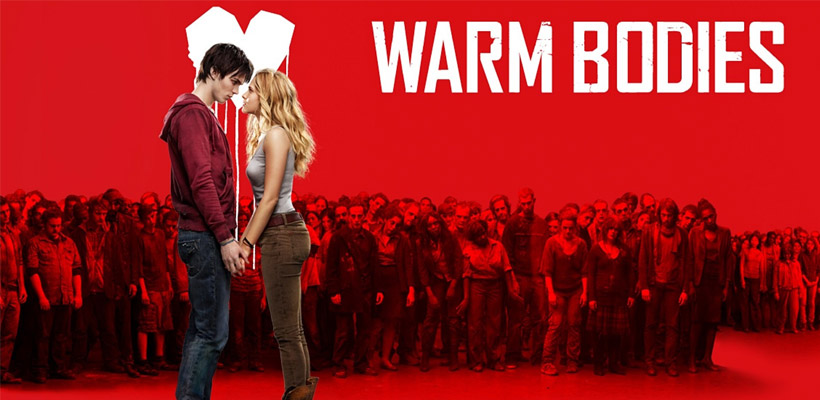If you're just tuning in, this is part 2 of a few theological reflections on Warm Bodies, a zombie romance movie. In part 1, I explored how Warm Bodies illustrates what Christian theology has to say about what it means to be fully alive. In part 3, I'll discuss how Warm Bodies helps us think about how Jesus-disciples are called to relate with the 'other.' But in this post, part 2, I'll be commenting on what Warm Bodies exposes about what it means to be fully human:
What Does it Mean to be Fully Human?
In Warm Bodies, something is awakened in the zombie main character ("R") when he encounters the non-zombie main character: "Julie" (And before you ask: Yes, these two names are designed to cause viewers to recall Romeo and Juliet). Rather than attack her without thinking and devour her brains, he is struck by her and desires to know her. So he rescues her from the other zombies who would surely kill her and brings her home to his airplane apartment where he can keep her safe. She is naturally confused, terrified, and distrustful of this zombie who is treating her very un-zombie-like. She's been taught that zombies are nothing but "corpses"—unfeeling, unthinking, non-human. But every time R saves her life, provides her with food, plays music for her, she can't help but begin to rethink what she's been taught. Several times, directly after R has done something selfless for her, she asks, "What are you?" (not "Who are you?"). She's asking, "Are you actually human?" In one theological school of thought, humanity infected by sin is completely incapable of responding to God's love and grace. Seen from this perspective, humanity is thought to be "totally depraved", meaning exhaustively permeated by sin's effect. No part of the human being is left unaffected. This view is echoed in the warnings the militia leader gives his non-zombie remnant: "Corpses don't feel. They don't think. They don't bleed." It is an unfortunate reality, but this way of viewing humanity is so common among evangelical Christians, that any alternative vision is often considered heresy. However, under closer examination, the biblical narrative simply doesn't support this hypothesis. Instead, what is described in Genesis is a relational divorce and a familial estrangement. Humanity is alienated from God and our relationship to God's good creation is broken. Humanity is "dead" in the sense that we are cut off from God, separated from God's love. Nevertheless, God's calling of humanity to be God's representatives on earth, to bear God's "image" in the temple of the cosmos (like an idol bears the image of the deity it represents in ancient temples) remains upon all human beings. This "imago Dei" (image of God) has not been "erased" it has been merely "effaced". God's image in humanity may be distorted, but it is not eradicated. Like the main characters in Warm Bodies, humanity has forgotten who we are, we have forgotten our identities as God's image-bearers, and we no longer dream of the world before sin destroyed shalom. Instead, we are reduced to feeding on things that do not give us true life—temporary pleasures, which mask our pain. We are like zombies who feast on the brains of our victims so that we can temporarily escape into their memories of what it was like to be truly human. We do this in a lot of different ways, some which are more socially acceptable than others. For example, it's easy to think of drug addiction when we think of the zombie-like sickness of escapism. But a far more socially acceptable form of escapism comes in many more insidious forms. People feed on their social status, their political/philosophical/religious views, their education, their wealth, their fame, and their power for a fleeting sense of humanity. We are deceived into thinking that if we can justify our existence, if we can prove that we are valuable, then we are truly human. But being "productive," "effective," "successful," "sexy," or "valuable" doesn't make you human. It can actually have opposite effect. It can rob you of your humanity, and reduce you to a machine, a non-human entity. Like the main characters in Warm Bodies, the only way we can begin to experience true humanity is through the experience of self-giving love. When R begins to put his own "life" on the line for Julie, when he defends her from violent zombie attacks and protects her in his own home, Julie experiences humanity from a person who she formerly thought of as non-human. Then when Julie reciprocates with trust, R begins to be transformed into a person who is more and more human. This transformation of both people is an illustration of the power of self-giving love. In Christian theology, self-giving love is the very essence of God in God's own Self. God's very being is a tri-unity of Persons: Father, Son, and Holy Spirit. Another way of capturing this concept is as Lover, Beloved, and their unifying, holy Love. As the apostle John boldly declares: "God is love." (I John 4.8b, 4.16) And the love that God is, is most clearly seen in the unconditionally self-giving act of Jesus's execution. Jesus's Cross most definitely and finally reveals what God is like in God's own very nature. "This is how we know what love is: Jesus Christ laid down his life for us." (3.16a) In fact, as the "Second Adam", the Person of God who has come "in person" to administer the antidote to our sin-sickness, Jesus Christ is the one perfect human being—the prototype of a new way of being human. He has lived the faithful life we are meant to live. He has perfectly kept covenant with God. In Jesus's life, we most clearly see demonstrated God's way of working, and the divine life in which we are called to participate (II Pet. 2.4). Jesus's life is a pattern for us. We are called to live and love like Jesus lived and loved—giving our lives away to get new life from God.For whoever wants to save their life will lose it, but whoever loses their life for me will find it. - Matthew 16.25
In your relationships with one another, have the same mindset as Christ Jesus: Who, being in very nature God, did not consider equality with God something to be used to his own advantage; rather, he made himself nothing by taking the very nature of a servant, being made in human likeness. And being found in appearance as a man, he humbled himself by becoming obedient to death— even death on a cross! Therefore God exalted him to the highest place and gave him the name that is above every name, that at the name of Jesus every knee should bow, in heaven and on earth and under the earth, and every tongue acknowledge that Jesus Christ is Lord, to the glory of God the Father. - Philippians 2:5-14
To this you were called, because Christ suffered for you, leaving you an example, that you should follow in his steps. - I Peter 2.21


